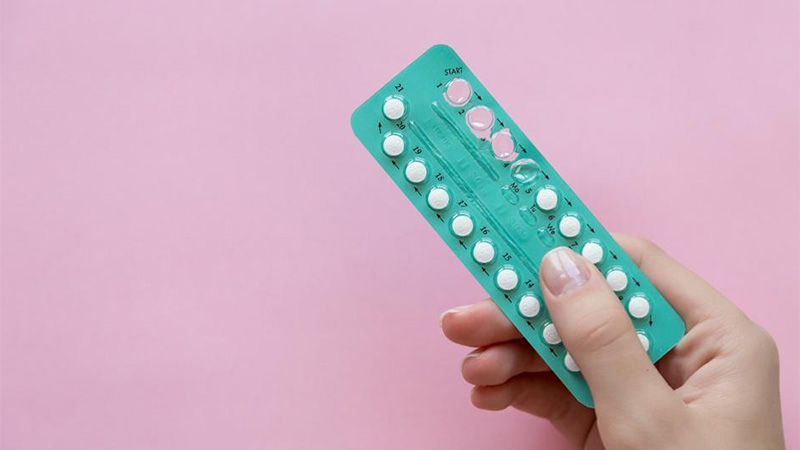The Benefits of Birth Control Beyond Pregnancy Prevention
While the primary role of contraceptive pills is to prevent pregnancy, 14% of women use it for different purposes. Besides, more than half of women who use it for birth control also use it to treat a variety of reproductive problems.

What Is a Contraceptive Pill?
Birth control pills are medicine made from reproductive hormones like estrogen and progesterone. They are useful in preventing pregnancy when taken daily. Besides, they are safe, affordable, and have numerous benefits alongside birth control.
Role of Birth Control Pills in Pregnancy Prevention
Birth control pills prevent sperm from fertilizing an ovum. The medicine can either stop ovulation or thicken the cervical mucus. When the hormones in the pill stop production of an egg, fertilization will not occur. Therefore, you cannot conceive.
Alternatively, the hormones in the pills thicken mucus in the cervix. The thick mucus blocks or slows down the movement of sperm. With the thick security guard, sperm cannot swim to the eggs. Contraceptives can contain either two hormones or progestin-only. Progesterone pills are ideal for women not allowed to take estrogen. However, they are not common due to the risk of vaginal bleeding.
Other Benefits of Birth Control Pills
Regulating the Menstrual Cycle
Since birth control pills are made from reproductive hormones, they balance the hormonal fluctuations during the menstrual cycle. Hence, they can make your periods more consistent. Usually, you take active pills for three weeks, and during your period, you can take inactive placebo pills. If you want to increase the duration between your menstruations, you can take active pills for an extended period. Women experience irregular periods due to low progesterone levels, which prevent the growth of uterine lining. Taking birth control increases the hormones and assists in maintaining a regular cycle.
Treatment of Premenstrual Syndrome (PMS)
PMS symptoms include mood swings, breast soreness, acne, bloating, and weight gain. The symptoms often result from overproduction or underproduction of reproductive hormones during your menstrual cycle. Using the birth control pill will reduce the severity of PMS symptoms and period-related migraines.
Reduction of Acne and Unwanted Hair Growth
The presence of acne or hair growth above your lip, near your belly button, and under your chin is due to the overproduction of the male hormones (androgens). Studies have found that hormonal contraceptive pills are an effective treatment for acne and hirsutism. Hair growth will reduce within six months of taking the pills, and the hormonal balance will reduce the formation of acne.
Treatment of Heavy and Painful Periods
Estrogen hormones promote the thickening of the uterine wall, which is shed during menstruation. When the estrogen levels are high, your uterine lining will become thick, causing heavy periods. Contraceptives contain progestin, which inhibits the thickening of the uterine wall. Therefore, your period will be lighter.
Prostaglandin is a chemical produced during menstruation. It causes contractions in the womb leading to cramps and painful periods. Birth control medicine prevents ovulation, which reduces the production of prostaglandin.
Endometriosis is another cause of period pains. It is a condition where a uterine lining grows outside the womb. The tissue lining bleeds during your period irrespective of its location. Sometimes it causes inflammation, pain, and cramping. The progestin in contraceptives can reduce the formation of endometriosis or stop your periods, reducing the pain.
Minimizes Risk of Ovarian Cysts
Ovarian cysts are tiny sacs in the ovaries filled with fluids. While they are not life-threatening, they can be excruciating. The cysts are formed during ovulation, which means if you stop ovulation, you can reduce their formation. Hormonal birth control prevents ovulation and inhibits the growth of the cysts.
Reduces Risk of Anemia
If you experience heavy periods, you are at a high risk of anemia since you lose a lot of iron during your period. Birth control pills increase progestin levels, making your uterine wall thinner and your period lighter, thus reducing the risk of anemia.
Hormonal contraceptive pills provide a myriad of benefits that can improve your reproductive health. However, they need consistency to be effective – be sure to speak with a doctor if you need more information.



